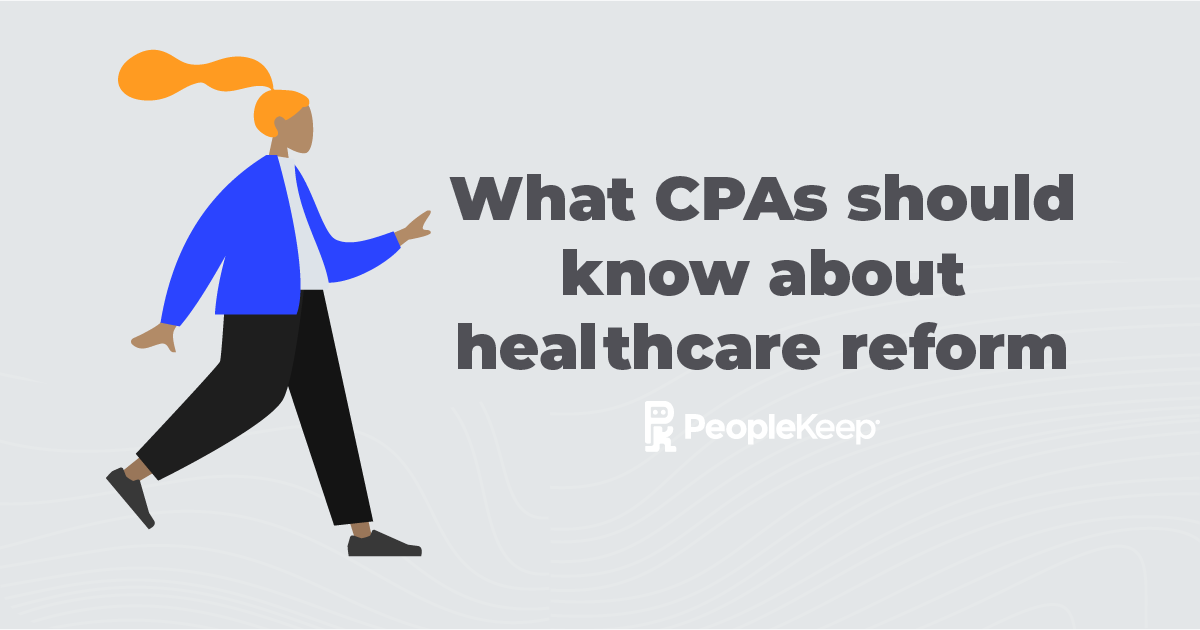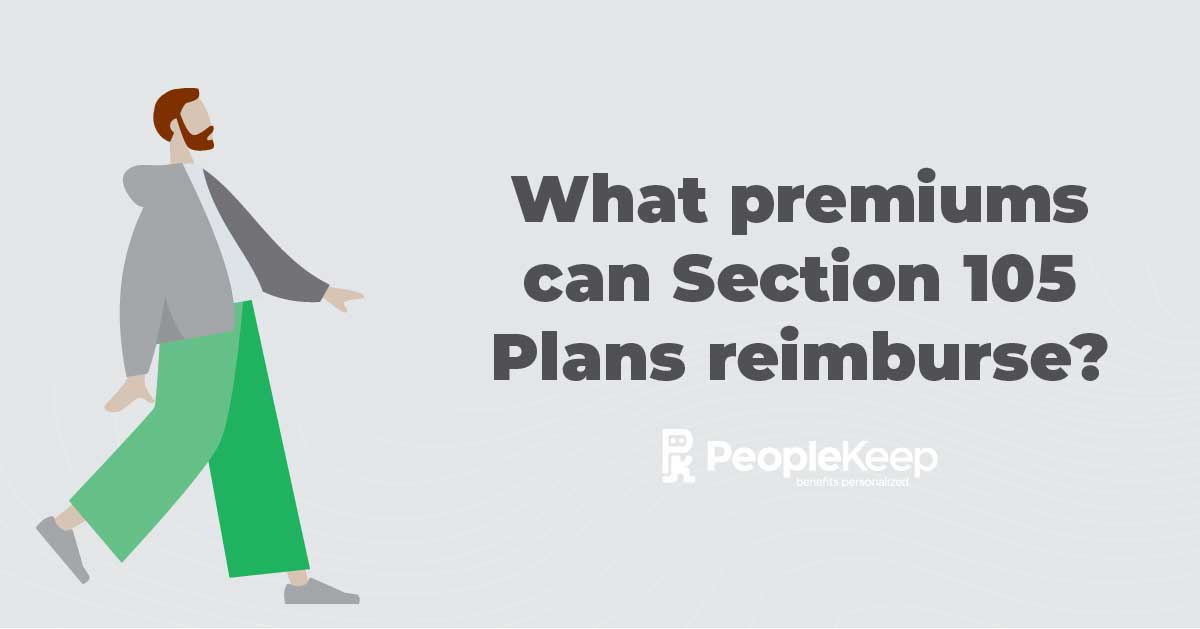8 Myths About Healthcare Consumerism
By Christina Merhar on April 8, 2016 at 11:30 AM
The idea of healthcare consumerism is nothing new. For years, employees have been asked to take an increasingly active role in their healthcare decisions. But the growth of healthcare consumerism has been slow. Until now.
This is according to a new report by McKinsey & Company, who has been tracking healthcare consumerism trends for the past eight years. In this article, we’ll discuss the shift to healthcare consumerism and highlight eight myths discussed in the report.
What Do You Mean, Consumerism?
For the purposes of this discussion, consumerism is defined as: The reorientation of a product or service to focus on the end-user as an individual consumer. With technology and information, consumers make informed decisions about purchases and services.
As we wrote about in our recent Whitepaper on the consumerization of employee benefits, consumerization is happening in all industries of the American and global economy.
Take Apple, for example. Prior to the era of Apple’s iPhone, Blackberry dominated the market. Blackberry devices were functional, widely adopted by enterprise users, and brought mobile internet to the masses. When Apple introduced the iPhone in 2007, Blackberry stock hit an all-time high on a market cap of $120 billion.
But the market was in for a seismic shift. iPhones gave consumers something Blackberry did not—the ability to customize your device with thousands of apps and settings (and even color). Yes, the Blackberry was functional, but the iPhone reoriented the product to focus on the end-user.
The result? A radical market shift to consumer-driven technology for mobile devices.
With the consumerization of healthcare, the idea is the same. Using technology and information, patients become more involved in healthcare decisions. Patients have access to what their insurance will cost; the price of a procedure; they shop around for a prescription; they hold providers and insurers accountable.
But, is the market really ready for this idea?
8 Healthcare Consumerism Myths
To help sort out what healthcare consumerism really means for advisors, employers, and employees, the McKinsey & Company report breaks down fact from fiction.
Here’s a summary of the report’s eight myths on healthcare consumerism.
Myth #1 - Healthcare is different from other industries. Consumers don’t bring the same expectations about customer experience to healthcare that they bring to retail or technology companies.
Truth - The McKinsey report findings indicate consumers want the same qualities in healthcare companies that they value in non-healthcare settings.
Myth #2 - Consumers know what they want from healthcare companies and what drives their decisions.
Truth - According to the report, most consumers have strong opinions about what matters to them when they make healthcare decisions or receive healthcare services. However, there is often a disconnect between what consumers believe matters most and what influences their opinions most strongly.
Myth #3 - Most consumers research their healthcare choices before making important decisions and then make fact-based choices based on their research.
Truth - McKinsey conducted five different surveys and found that many, if not most, healthcare consumers are not yet making research-based decisions.
Myth #4 - Now that consumers are paying more for their healthcare, premium price is the only truly important factor in purchase decisions.
Truth - McKinsey found that premium price was, indeed, an important factor for many consumers. However, a sizeable percentage of people did not buy the cheapest plan available to them. This indicates consumers are also evaluating premium cost versus cost at time of care.
Myth #5 - Almost all consumers have a primary care provider (PCP) and are highly reluctant to change doctors.
Truth - McKinsey found 82% of participants said that they had a regular PCP, though the likelihood of having a PCP was higher among adults over the age of 65, adults with higher incomes, and adults with chronic illnesses. Additionally, 66% said that they would not change providers unless they or their doctor moved. However, 57% also indicated that they would be willing to switch doctors if their health plan no longer covered their PCP.
Myth #6 - Retail clinics will remain a niche health solution.
Truth - According to the report, awareness and utilization of other alternative-care options are rising.
Myth #7 - Only young people are using technology to manage their health and healthcare needs.
Truth - McKinsey found that millennials (those between the ages of 18 and 34) were more likely to report using technology for these purposes, but a considerable number of the older participants were doing so as well.
Myth #8 - Most people are willing to trust insurers to store their health records.
Truth - According to the report, participants feel comfortable sharing health tracking information and records with their PCP, though only a minority said they were comfortable sharing this data with health insurers, app providers, or employers.
Conclusion
Like any industry shift which disrupts the current way of doing things, it is common to have questions and hesitations about how the changes will impact constituents. As the McKinsey report concludes, however, a shift to healthcare consumerism is inevitable - with technological innovation playing a key role. Are you ready for the shift?
Check out more resources
See these related articles

What is a group in group health insurance?
In this blog, we’ll discuss the nuances of group health insurance, including common questions and participation requirements.

What CPAs should know about healthcare reform
The ACA requires CPAs to be experts on health reform provisions. This article will discuss the many aspects of healthcare reform and how it affects CPAs.

What health insurance premiums can Section 105 plans reimburse?
Discusses the types of health insurance premiums Section 105 plans can reimburse.


